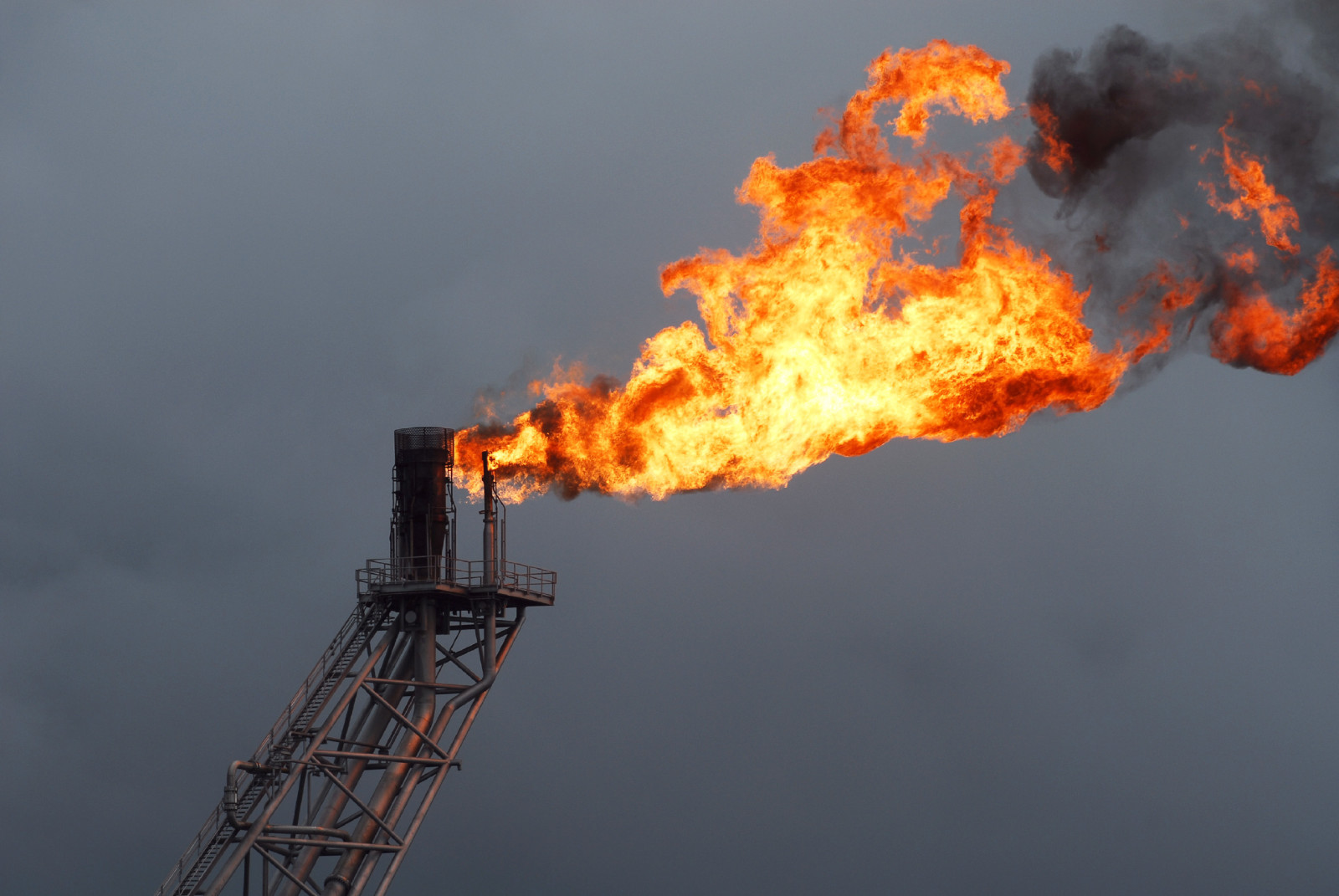Oil majors are planning so-called “carbon bomb” projects + DXB is rebounding from its covid slump

Surprise: Big Oil isn’t all-in on mitigating climate change: Fossil fuel firms are discreetly planning “carbon bomb” oil and gas projects that would unleash close to 650 bn tons of CO2 emissions and ultimately jeopardize the 1.5°C warming threshold, according to an investigation by the Guardian. The newspaper’s investigation into major gas and oil players such as Exxon, Gazprom, and others, suggests the firms are not buying into global efforts to curb global warming. Big Oil will be shelling out USD 103 mn daily through to 2030 to fund 195 carbon bombs to exploit new oil and gas fields, with 60% of these projects already pumping. These new expansion plans would produce greenhouse gases equivalent to a decade of China’s CO2 emissions in the short-term, and the equivalent of 18 years of current global emissions in the long term.
The biggest culprits: The US, Canada, and Australia are some of the countries with the largest expansion plans, with Exxon taking the lion’s share of these climate-dooming plans. The company is on track spend USD 21 mn daily for the remainder of the decade on carbon bombs.
SIGN OF THE TIMES- DXB just posted its best quarter since the pandemic began as revenge travel picks up: The UAE travel hub could reach pre-covid levels earlier than expected, and has upped its year-end traffic expectations to 58.3 mn, exceeding a prior forecast of 57 mn. The airport handled 13.6 mn passengers in the first quarter of 2022, more than double the 5.7 mn in the same period last year. Dubai Airports CEO Paul Griffiths thinks they’ll be close to pre-pandemic levels during 2024. “The original idea was 2025 or even beyond,” he told Bloomberg TV. “People are engaging in revenge tourism after two years of lockdown, they’re rushing out to buy tickets.” This could be bad news for travelers, who could soon start seeing more expensive travel fares due to high oil prices and inflation, Griffiths told Reuters, adding that he doubted that would turn people off traveling, due to the huge demand built up during the pandemic.